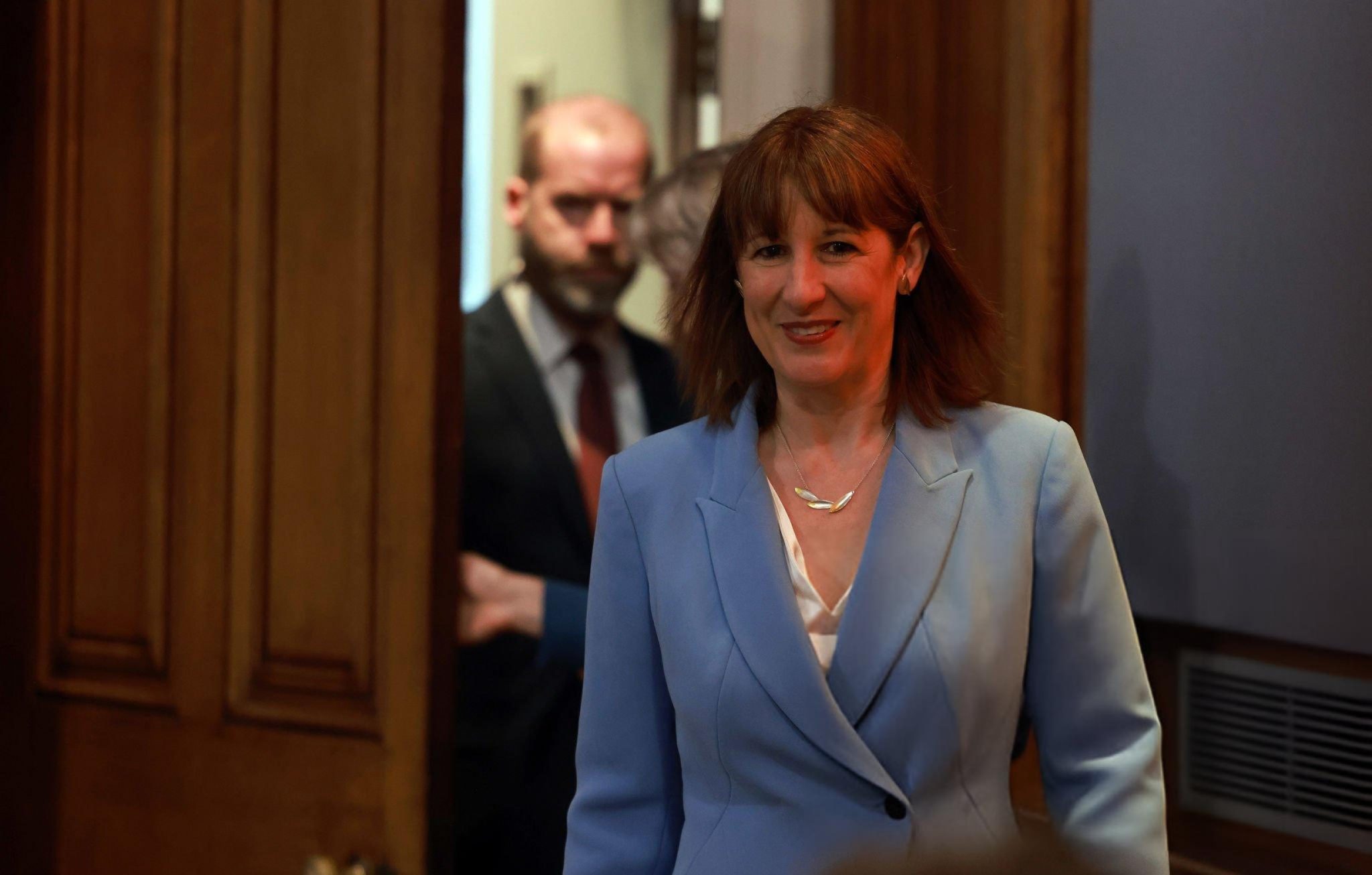Rachel Reeves sent nightmare warning of ‘Grim’ future despite GDP boost
Shadow Chancellor Rachel Reeves has been cautioned against celebrating the UK’s recent GDP improvement too readily, as warnings emerge that the country’s economic outlook remains fraught with danger. Independent economist Julian Jessop, known for his large social media following and no-nonsense assessments of the economy, has issued a sobering message highlighting that beneath the surface of the seemingly positive growth figures, the economic recovery is already losing momentum.
Figures released this week show that the UK economy grew by 0.6 per cent in the first quarter of 2025, offering some much-needed relief after a prolonged period of stagnation and recession fears. This is the fastest rate of quarterly growth since late 2021, and ministers and opposition figures alike have pointed to the data as evidence that Britain is finally turning a corner.
Labour’s Rachel Reeves was among those cautiously welcoming the figures, arguing that they were a sign that the British economy could be rebuilt stronger and fairer. However, Jessop has responded with a stark warning that such optimism may be premature and that the latest data masks underlying weaknesses that could soon resurface.
Taking to social media platform X (formerly Twitter), Jessop shared a revealing graph tracking the UK’s PMI Output Index, which monitors changes in monthly production and service sector output — a key indicator of economic health. The graph, based on data from respected business surveys, shows the index slipping back into negative territory in April, undoing the positive momentum recorded in march.
Jessop commented alongside the chart: “The more timely business surveys suggest that the recovery in the private sector has already lost momentum, with April looking grim again.”
The PMI Output Index is closely watched by economists and investors as it provides early insights into the direction of the economy. A reading above 50 signals expansion, while below 50 indicates contraction. The latest reading has fallen below this crucial threshold, pointing to a renewed slowdown in private sector activity.
This downturn has been attributed to a combination of stubbornly high interest rates, lingering inflationary pressures, and fragile consumer confidence. Despite headline growth in GDP, many households and businesses continue to feel squeezed by the cost of living and borrowing costs, with sectors such as retail, hospitality, and manufacturing still struggling to regain pre-pandemic levels of output.
Economists warn that unless there is a significant improvement in these key areas, the GDP boost could prove to be a temporary blip rather than the start of a sustained recovery. Jessop is not alone in his caution. Analysts at several leading financial institutions have also flagged concerns that the UK economy remains vulnerable to both domestic and global shocks, including uncertainty over energy prices, geopolitical tensions, and a possible downturn in major export markets.
Rachel Reeves, while highlighting the importance of investment, skills, and stability to secure Britain’s long-term prosperity, has been urged by critics to avoid complacency and to acknowledge the scale of the challenges ahead.
Conservative MPs have seized on Jessop’s remarks, accusing Labour of “talking up” the economy while failing to provide clear policies for growth. “The real economy is still fragile, and businesses are crying out for tax cuts and deregulation, not more Labour soundbites,” one backbencher said.
The warning from Jessop serves as a reminder that economic data can often present a mixed picture, and that while headline GDP figures may show progress, the lived reality for businesses and consumers can tell a different, more complex story.
As the UK heads towards a likely general election within the next year, the state of the economy is expected to be a decisive issue, with both main parties attempting to claim they are best placed to navigate the country through turbulent waters.






